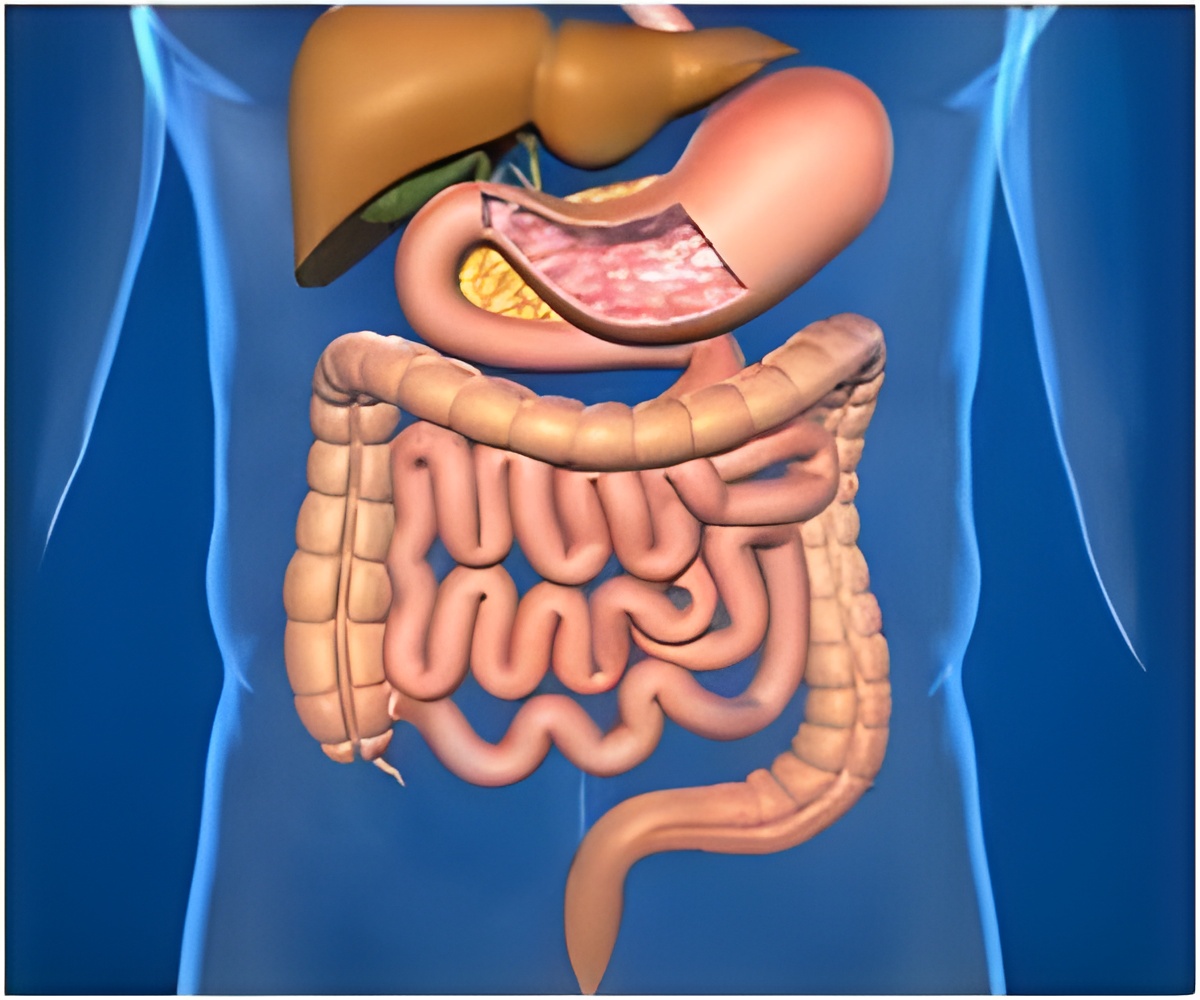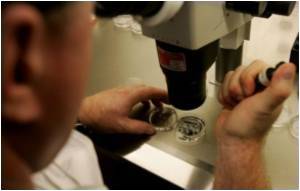Additional fluoroscopic and computerized tomography was found to reduce complications that occur during percutaneous radiologic gastrostomy, say researchers.

"Topographic anatomic misjudgment appeared to be the cause for all major complications in this group of patients so we changed our technique to provide us with a better view," said Dr. Lang. In a follow-up study of 29 patients, we added fluoroscopy in oblique projection, cross table lateral fluoroscopy or biplane fluoroscopy, Dr. Lang said. "We virtually eliminated the problem of misplacement of gastrostomy catheters," he said. "By including CT in AP, lateral and oblique projection, we've eliminated improper passages of entry-tracts through other organs," Dr. Lang said.
It is important to note that surgical gastrostomy and percutaneous endoscopic gastrostomy – two other techniques for insertion of feeding tubes -- have even higher rates of complications, said Dr. Lang. Surgical gastrostomy has a reported 74.3% complication rate, while percutaneous endoscopic gastrostomy has a reported 42.9% complication rate.
Dr. Lang's study is part of an electronic exhibit that will be available from April 13-April 19 at the ARRS Annual Meeting in Washington, DC.
Source-Eurekalert









